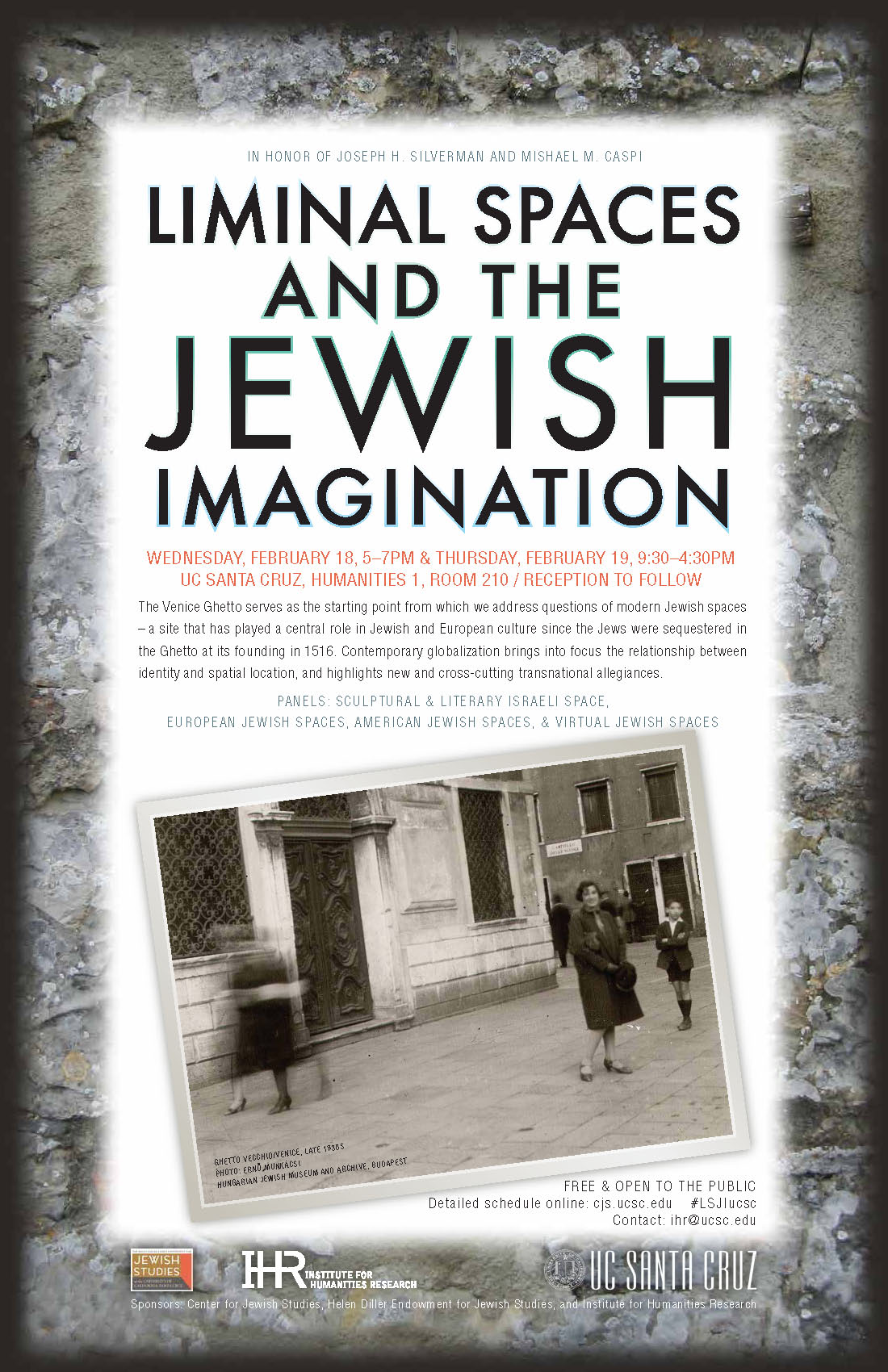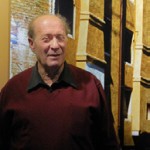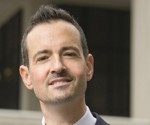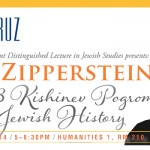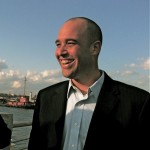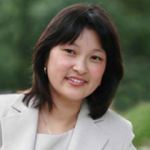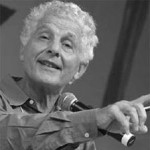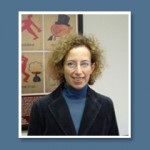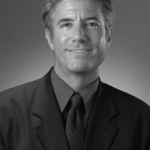The Venice Ghetto serves as the starting point from which we address questions of modern Jewish spaces –a site that has played a central role in Jewish and European culture since the Jews were sequestered in the Ghetto at its founding in 1516. Contemporary globalization brings into focus the relationship between identity and spatial location, and highlights new and cross-cutting transnational allegiances.
Videos & Podcasts
Murray Baumgarten: "The Letters Propelled Me: Resisting Kristallnacht Then and Now"
The Holocaust, Genocide, and Interfaith Education Center at Manhattan College presents The Seventh Annual Frederick M. Schweitzer Lecture [vimeo 114576186 w=1000 h=666] Wednesday, November 5, 20145 | 7-9 PM | Free & Open to the Public Smith Auditorium, Manhattan College Questions? mehnaz.afridi@manhattan.edu Murray Baumgarten directs the program in Jewish Studies at the University […]
Morris Ratner: “A Monument Man in the Courtroom: Litigating the Holocaust”
Morris Ratner is best known for prosecuting Holocaust-era private law claims against Swiss, German, Austrian, and French entities that profited from Nazi atrocities. These organizations profited by retaining dormant bank accounts, failing to pay on life insurance policies, and benefitting from the use of slave labor. Ratner’s litigation resulted in a series of settlements that, together, yielded payments in excess of $8 billion to victims of Nazi persecution.
Steven J. Zipperstein: "How the 1903 Kishinev Pogrom Changed Jewish History"
Kishinev’s 1903 pogrom was the first instance when an event in Russian Jewish life received wide hearing. The riot, leaving 49 dead, in an obscure border town, dominated headlines in the western world for weeks, it intruded on US-Russian relations, and it left an imprint on an astonishingly diverse range of institutions including the nascent Jewish army in Palestine, the NAACP, and, most likely, the first version of the Protocols of the Elders of Zion. How was it that incident came to define so much, and for so long?
Ari Kelman: “Learning to be Jewish”
For most Americans, the phrase “Jewish education” summons images of Hebrew School. But, Hebrew School, or even what we might call “formal Jewish education” amounts to only a very small percentage of where and how people learn to be Jewish.
ChaeRan Freeze: “Crafting an Elite Russian-Jewish Identity: Subjectivity and Gender in Diaries of Zinaida Poliakova”
Prof. ChaeRan Freeze, an associate professor in Jewish history at Brandeis University, has focused her research on the Jews of Russia and women’s and gender studies.
Women, Jews and Venetians Conference
Our gathering is directed to bringing women into the Venetian historical account. We will focus on the ways in which Jewish women, in part through their connections to other Venetian and Italian women, helped to articulate what it was to be modern, and thus participated in the forging of modern Venetian, Italian, and Jewish identities. […]
Robert Alter: “Translating the Bible: The Wisdom Books”
Robert Alter is Class of 1937 Professor of Hebrew and Comparative Literature at the University of California at Berkeley, where he has taught since 1967. He is a member of the American Academy of Arts and Sciences, the American Philosophical Society, the Council of Scholars of the Library of Congress, and is past president of the Association of Literary Scholars and Critics. He has twice been a Guggenheim Fellow, has been a Senior Fellow of the National Endowment for the Humanities, a fellow at the Institute for Advanced Studies in Jerusalem, and Old Dominion Fellow at Princeton University.
Harriet Murav: “Poetry After Kerch: Representing Jewish Mass Death in the Soviet Union”
Why was there no Holocaust in Soviet Russia? There were killings, but the killings did not take on the same meaning as in the West, where the Holocaust emerged as a unique and paradigmatic set of events. Official Soviet history is part of the reason for the absence of the Holocaust in the former Soviet Union. The term “Holocaust” itself did not have broad currency in the West during the 40s and it was not used in Russian until the Soviet Union collapsed in the 1990s. Nonetheless, Soviet literature, almost completely neglected by scholars and critics, confronts the impossible history of the destruction of the Jews, but not in the same terms as Holocaust literature in the West.
James Young: “Stages of Memory in Berlin and New York”
The selection of a design for the Berlin Memorial to Europe’s murdered Jews was a contentious one. After September 11th, the memorial for those who died in the World Trade Center was compared by some to holocaust memorials before it, and by one reporter specifically to the Berlin Memorial. How did it come to pass that the memorial at Ground Zero would evoke Berlin’s Memorial to Europe’s murdered Jews?

